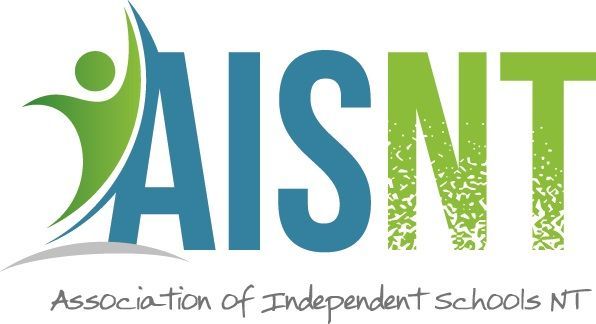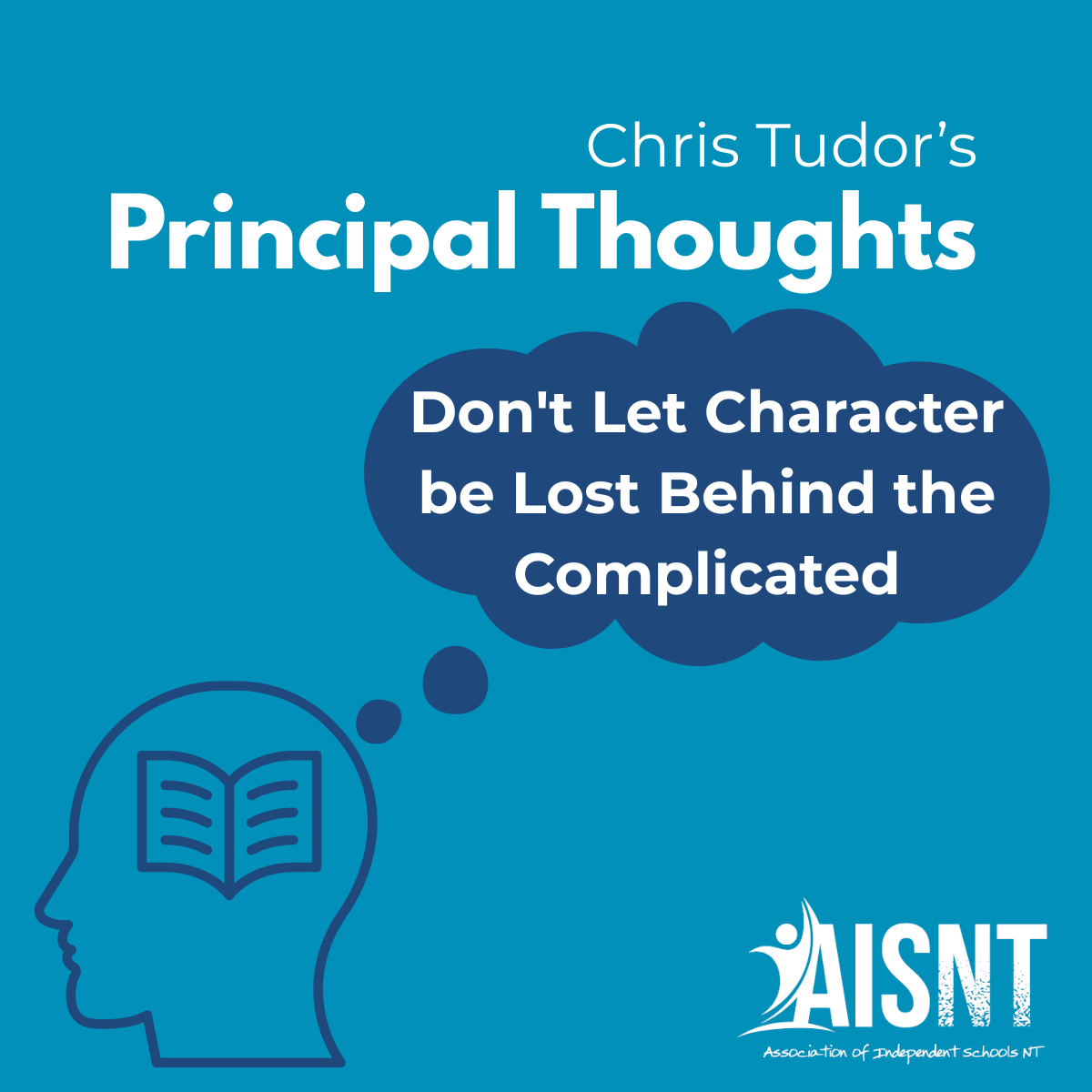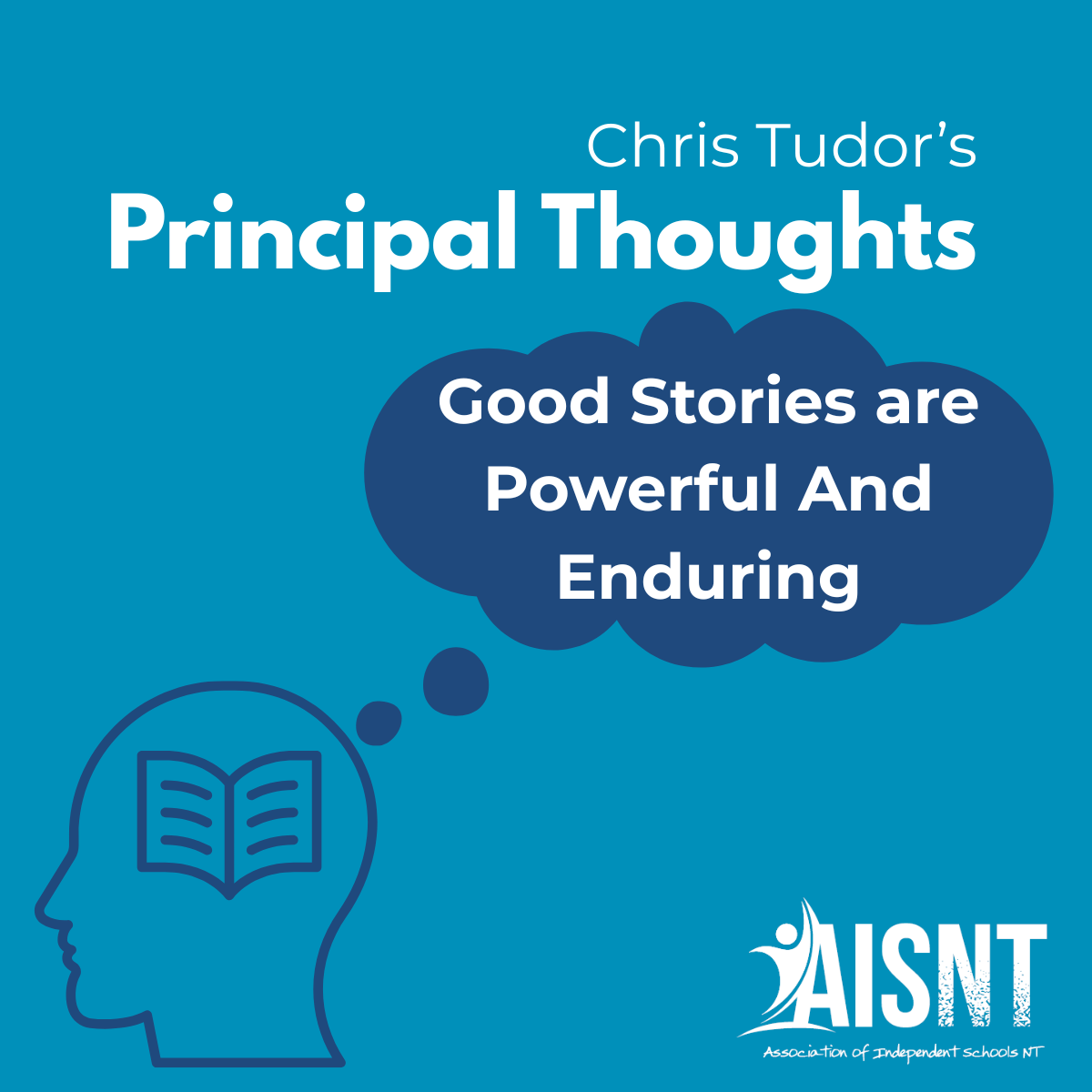Some Thoughts for a New Page
The Value of the Mid-Year Break. So another semester has started. They seem to “zip” through but a pot of gold is the three week break in the middle of the year. Teaching is such a high energy job and a good break is indeed really refreshing. I hope you as Principals were able to manage a reasonable break and are also feeling refreshed.
The mid - year break provides an opportunity to re-group and refresh the goals one had for the year, to modify them which may also mean “ditching” some that are not working out or are seeming to be irrelevant. I believe it is healthy to do this and deciding to do it should not be considered as a failure. After all running a school is like sailing a windjammer; sails need regular adjusting, letting out, pulling in or trimming. It is also time to acknowledge if a goal, which is worth pursuing, is indeed really difficult and progress as a result is slow. Often if staff are frustrated by the slow progress towards a goal they are usually not cognisant of the complications of the journey. It may be possible to share the complications with them; on the other hand it may not. However, it may be reassuring to let them know that they exist.
The New Page
I love the idea of the new page - clean, crisp and not a mark on it but waiting for marks to be created, which are the best a person can possibly make. I guess this can be illustrated with a lap top or I Pad but I think it is best shown with a book. At the first assembly in Term 3 I would enjoy taking an exercise book of some sort to present to the students, turning it from a used page with its possible imperfections to a new page which is clean and pristine. This would go hand in hand with encouraging students to reset their goals for the semester. I think it is a helpful concept for staff as well. As Principal it may be useful to introduce the idea of “the new page” into your language.
What 5 Things Should I Teach
During the long drives that I do I often muse over what I would teach children if I was only allowed to teach them only 5 things. It is a good mental exercise for a teacher. Maybe I could combine kindness and empathy together. Perhaps this could link well with the idea to love your neighbour as yourself. Of course it must be said that if you are to do this effectively you must love yourself well. If these things are neatly combined I would still have another four I can teach. What should be next?
In my advancing years I’m enjoying improving my Mandolin playing which has included me not only playing by ear but also adopting the freedom created by learning to play from the written music. Some tunes I can readily play by ear but some I can’t though I’m sure there are other people more proficient who could. But I’m wanting to do it myself and not just listen to others. The first time I attempt to play a reel, lament or a strathspey (look it up, you may find it interesting), the music doesn’t make sense. At this stage, if I was a youngster, I could well succumb to the temptation to just say “I can’t” and give it up. Now, possibly because I have more time and a life time of experience behind me, I know that if I persist I will get it in the end.
There is real freedom in knowing this and I now can really enjoy playing the tune. I’m sure there are plenty of others who would get it faster; who cares- it’s me that wants to learn it. So I figure that learning to be persistent is important if one wants to achieve and therefore it becomes one of my five. Teachers who encourage persistence are indeed brilliant. However people don’t always achieve equally after the same dose of persistence - some may require x amount of persistence time, others 2x and perhaps others all the way up to 10x and beyond. It makes me wonder whether we allow students and also staff their required persistence time to achieve and therefore have the satisfaction of learning something well.
I wonder what you would choose for the other teaching items or perhaps you would prefer to consider say 10 items.
Lighting a Fire
A match can light a fire successfully - or maybe not. If it is successful it is worth considering why it has been successful, so the process can be repeated next time. It is cold in the mountains and successfully lighting a fire is a welcome skill. Communicating either with students, staff or parents is like lighting a fire. The two key items are an effective match and readily combustible fuel. I suspect that the fuel for each of the three groups may need to be different- though not always. However it takes good judgement to choose the fuel. There is a euphoric feeling experienced after a lesson if the fuel has been right for everyone and the eyes of the students have lit up enthusiastically. But if this is not the case, returning to the match and the fuel and really analysing both is an important and a creative challenge. As teachers we all have difficult classes from time to time were the fire does not take. Maybe last lesson on a Friday needs to be reconsidered!
I recall some year 9 students, whom I had taught as level 2 French students in Year 8.They came to see me and said that they didn’t want to do year 10 French but would like to tackle the second half of their year 9 having fun with French. Their request appealed to me. I considered the match and the fuel and “Year 9 Tourism French” was born. We had a ball, using Lonely Planet, cooking, singing and learning phrases for tourists and trying to improve accents by watching The Pink Panther. Their request had been for me as a teacher to consider new and more effective fuel.
Teaching is such a wonderfully creative game, is challenging, but made more effective by reflection, inspiration and good imaginative planning. Students’ eyes will light up if there is patience, empathy and understanding.
Yes Teaching is the best job in the world!
Chris Tudor,
Principal Liaison & AISNT Historian



